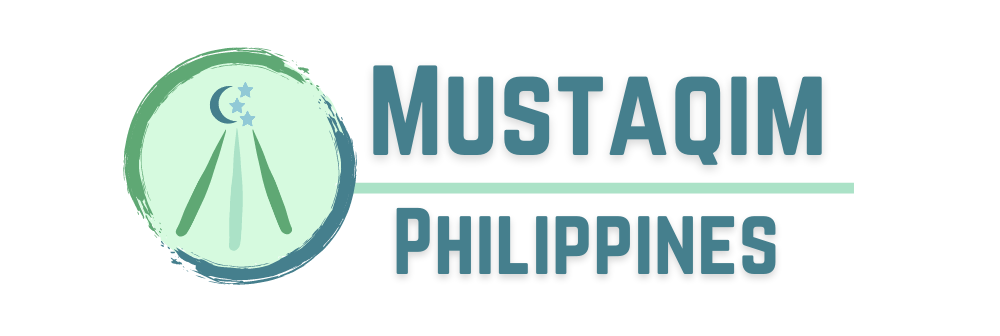Metro Manila, the bustling capital region of the Philippines, is a melting pot of cultures and religions. While predominantly Catholic, the region also has a significant Muslim population with a history that dates back centuries. The story of Muslims in Metro Manila is one of resilience, cultural exchange, and contribution to the vibrant tapestry of the city.
The roots of Islam in Metro Manila can be traced back to the pre-colonial era when Arab traders and missionaries introduced Islam to the archipelago. The peaceful spread of Islam among indigenous peoples laid the foundation for Muslim communities in various parts of the Philippines, including Metro Manila.
During the Spanish colonial period, Muslims in the region faced challenges as the Spanish authorities sought to convert them to Catholicism. Many Muslims resisted Spanish rule and maintained their Islamic faith and cultural practices. Despite efforts to assimilate them, Muslim communities in Metro Manila preserved their distinct identity and traditions.
The American colonial period brought about significant changes to the Philippines, including Metro Manila. The introduction of secular education and modern infrastructure provided opportunities for Muslims to integrate into urban life while still holding onto their religious beliefs. Migration from Mindanao and other parts of the country also contributed to the growth of Muslim communities in Metro Manila.
In the post-independence era, Muslims in Metro Manila continued to face socio-economic challenges, including poverty and discrimination. However, they also became active participants in various sectors, including business, education, and politics. Organizations such as the Muslim Youth Movement of the Philippines (MYMP) and the National Commission on Muslim Filipinos (NCMF) have advocated for the rights and welfare of Muslims in Metro Manila and beyond.
Today, Muslims in Metro Manila are an integral part of the city’s social fabric. Mosques dot the urban landscape, serving as centers of worship and community gatherings. Halal restaurants offer a taste of Muslim cuisine, while Muslim-owned businesses contribute to the region’s economy.
Despite the challenges of urban life, Muslims in Metro Manila continue to celebrate their cultural heritage through events such as Eid al-Fitr and Eid al-Adha. These celebrations provide opportunities for Muslims to come together, strengthen bonds, and share their traditions with the broader community.
The history of Muslims in Metro Manila is a testament to the resilience of a community that has persevered through centuries of change and adversity. Their presence enriches the cultural diversity of the city and serves as a reminder of the importance of embracing inclusivity and understanding in a multicultural society. As Metro Manila continues to evolve, the contributions of Muslims will undoubtedly remain an integral part of its identity and heritage.
